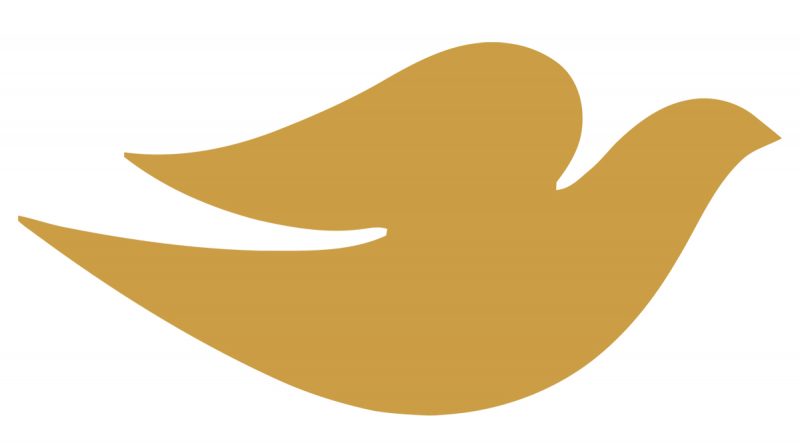Dove – not the first, won’t be the last
The complexities of identity politics are again to the fore both globally and locally. In the US, while Hollywood threatens to implode in the wake of the allegations surrounding film producer Harvey Weinstein, Donald Trump continues his war on the predominantly black athletes who ‘take the knee’ during the national anthem before American football games. What has somehow got lost in the broader patriotism narrative of this story, is that the protests began as a response to social inequality and historic police brutality toward black people.
And in the UK last week, the government published its Race Disparity audit which revealed a number disturbing facts relating to the economic and social make up of this country. Amongst other things, we learned that unemployment among black, Asian and minority ethnic people is nearly double that of white Britons and that black Caribbean pupils are permanently excluded from school three times as often as white British classmates
With the above in mind then, it might seem trivial to concentrate on a 3 second video clip promoting Dove soap which appeared on US Facebook last weekend. But this advertisement and the debate and controversy that arose from it, neatly encapsulates some of the current arguments around race and representation.
The ad itself – for deep moisture body wash – showed a black woman taking off her brown shirt and turning into a white woman in a lighter coloured shirt, who then takes off her top, and turns into an Asian woman in a light brown t shirt.
As soon as the Dove ad appeared it attracted criticism and US makeup artist Naomi Leann Blake used her own Facebook page to share the images which ended up going “viral” and provoking a debate over whether or not the campaign was racist. For some people, the ad was a clear invocation and reminder of the racist soap ads of the early 19th century which suggested that black skin could be cleansed white
In response to the furore, Dove tweeted:
An image we recently posted on Facebook missed the mark in representing women of color thoughtfully. We deeply regret the offense it caused.
But of course, the damage was done and in the Independent Biba Kang wrote that:
“Many beauty products are hinged upon the ideal of whiteness… this Dove advert has functioned as a sinister trigger for all the issues that remain unsolved [within the beauty industry] and for the overarching, disturbing and depressing reality that women of colour are still being taught that they are less than beautiful.”
Kang’s opinions were by no means universal, however and occasional Sun columnist, Brendon O’Neill wrote that the whole business was contrived and built on a wilful distortion of the facts. The images that were shared online, he wrote, omitted to include the final one where the white woman turned Asian. It wasn’t an ad which showed a black woman becoming white but rather one which celebrated diversity. The fury was all myth and hysteria, he argued.
The issue became further complicated however, when the black model in the ad, Lola Ogunyemi, wrote in the Guardian of her pride in the commercial. She stated that when she and her family saw the ad, they all loved it and people congratulated her for being the first to appear, for looking fabulous, and for representing “Black Girl Magic”. Ending her piece defiantly she nonetheless endorsed Dove apology but added that they should have defended their creativity. Her final sentences were:
“I am not just some silent victim of a mistaken beauty campaign. I am strong, I am beautiful, and I will not be erased.”
But whether or not you agree with Kang or O’Neill, two are things are glaringly apparent. The first is that Dove (or parent company Unilever) was guilty of staggering naivety. Did they really not anticipate this reaction given the connotations of what they were trying to say?
This lack of cultural and historical awareness is particularly galling when one considers that in 2011, they had to apologize for an ad for Dove VisibleCare body wash, which seemed to show a black woman as the “before” photo and a white woman as the “after” photo – the latter with “more beautiful skin”.
The other thing to consider is that, as Kang indicates, Dove is part of a beauty industry which frequently displays a lack of sensitivity around racial issues. Earlier this year ever present skincare brand Nivea ran a deodorant ad with the strap line “white is purity”.
But as Buzzfeed’s Scaachi Koul points out the marketing and sale of products intended to whiten skin is decades old. Fair & Lovely, is a lightening cream primarily sold in India whilst companies such Nivea, Vaseline, L’Oréal, Neutrogena, Dove, Pond’s, and Garnier all sell whitening or lightening products. As Lola Ogunvemi states, to this day darker models are used to demonstrate a product’s skin-lightening qualities to help women reach this standard ‘whiteness’
But advertising does not exist in a vacuum, it’s the most important of all mass media, driving and sustaining prejudices and belief systems. It has also as part of a wider popular culture including television; film and fashion which has historically presented white women as the epitome of feminine beauty.
And for all the rights or wrongs, industry experts suggest that Dove will ride out this furore while its brand value will remain unaffected. Which means one more thing is for certain- that Dove won’t be the last company to make this sort of “misjudgement”.

